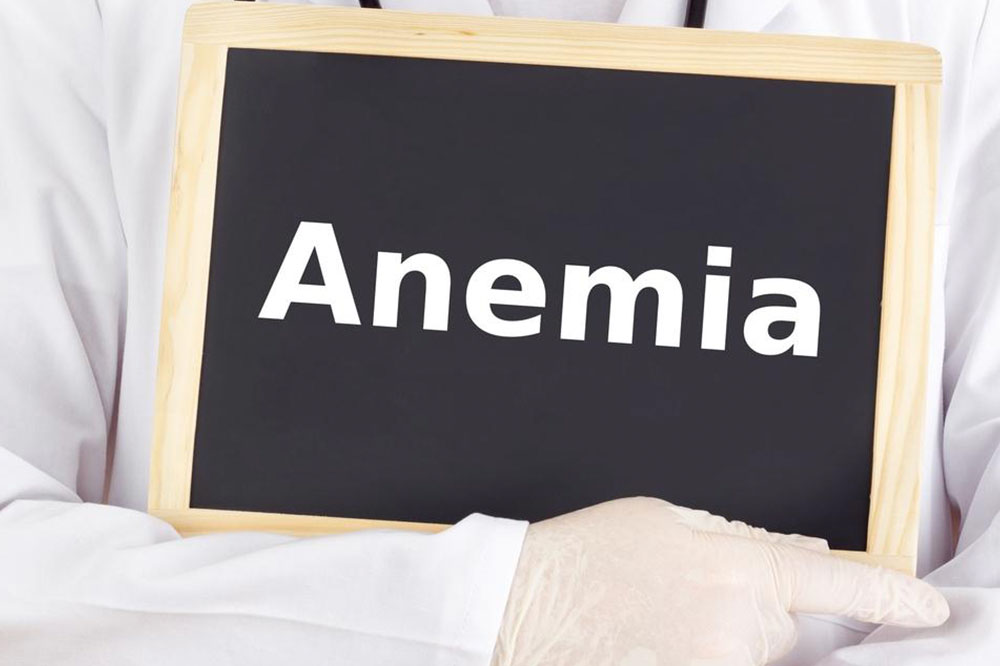
Rare Forms Of Anemia You Should Know
Anemia is a blood disorder that occurs due to a shortage of red blood cells in the blood. This results in symptoms like fatigue and breathing problems. Certain types of anemia are rare and not so frequent. The article lists out the rare forms of anemia with information about causes, symptoms, and treatment.
Aplastic Anemia
One of the rare forms of anemia is aplastic anemia. Blood cells are made in the bone marrow. In aplastic anemia, the production of red blood cells is affected due to damage in the stem cells on the bone marrow. This is usually inherited and can lead to tiredness, headache, dizziness, and increased heart rate.
Some of the forms of aplastic anemia that results because of inheritance include:
- Fanconi anemia
- Shwachman-Diamond anemia
- Diamond-Blackfan anemia
These are rare forms of anemia. Blood transfusion is required to treat patients with aplastic anemia. The only permanent treatment is a stem cell transplant.
Sideroblastic Anemia
This is a rare form of anemia where the body cannot use iron to create hemoglobin. As a result, there is a build-up of excess iron in the blood. This causes sideroblasts (abnormal RBC) to be created. The presence of sideroblasts leads to symptoms like increased heart rate, chest pain, breathing problems, and exhaustion.
Sideroblastic anemia may be acquired from exposure to chemicals and certain medications. Most commonly, it is inherited and is caused by a gene mutation. Blood transfusion, Vitamin B6 therapy, and stem cell transplant are the common treatments for sideroblastic anemia.
Autoimmune hemolytic anemia
An autoimmune disease is where the body’s immune system attacks healthy cells, assuming that they are foreign bodies. When the immune system starts to attack red blood cells rapidly, it leads to a disorder known as autoimmune hemolytic anemia. Those who have autoimmune disorders like lupus have a high probability of getting this disorder.
This disorder causes symptoms like fatigue, fast heartbeat, breathing difficulties, chills, and jaundice. Treating autoimmune disease is needed to treat this form of anemia. Steroids may be needed to stop the immune system from attacking the RBCs.
Megaloblastic anemia
In this disorder, the bone marrows produce immature red blood cells. As a result, it leads to symptoms like fatigue, dizziness, fast heartbeat, muscle weakness, and breathing difficulties. One of the causes of this form of anemia is the lack of Vitamin B9 and Vitamin B12.
Treatment involves vitamin supplements being administered. The vitamin deficiency, in turn, may be caused by some other disease, and it would be required to treat the underlying condition.
Fanconi anemia
In this form of anemia, the bone marrow is affected, producing few blood cells. This is a hereditary condition and causes bone and heart problems. It increases the risk of acute myeloid leukemia, a form of cancer.
Hormone therapy and bone marrow replacement are the treatment option for this form of anemia.
The rare forms of anemia and the treatment for the same were listed in this article. These forms of anemia are not common as they are found rarely.



